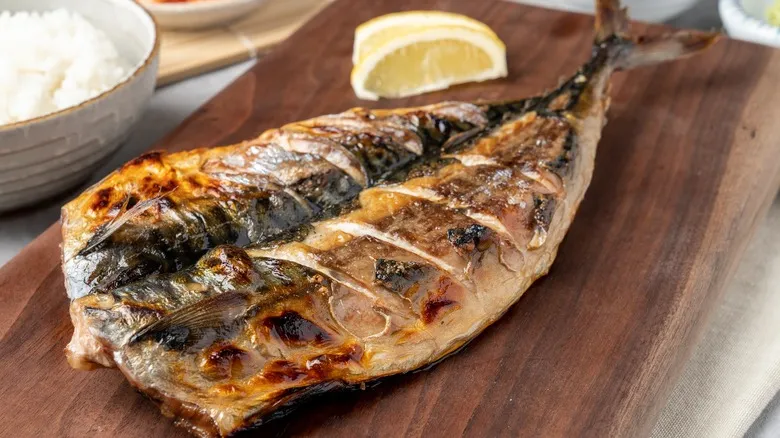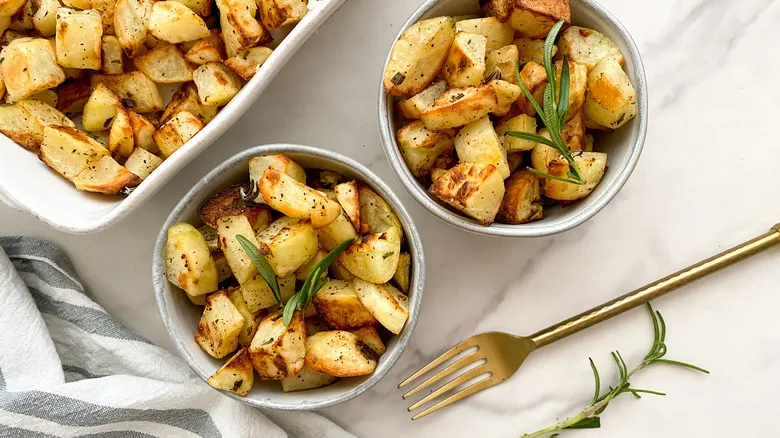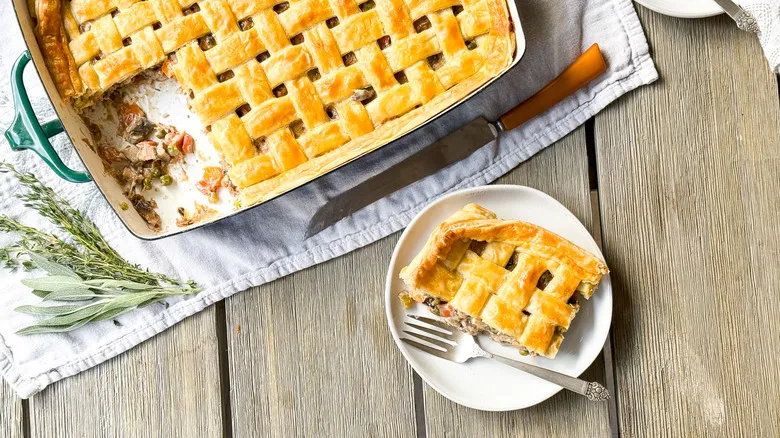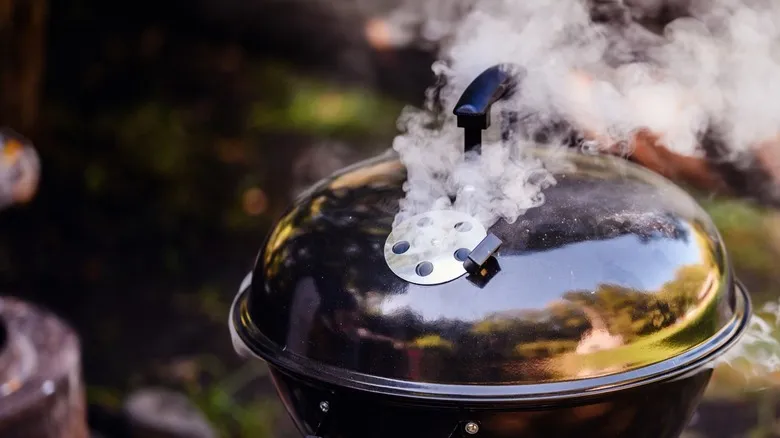Consider fish built for high heat cooking on a grate
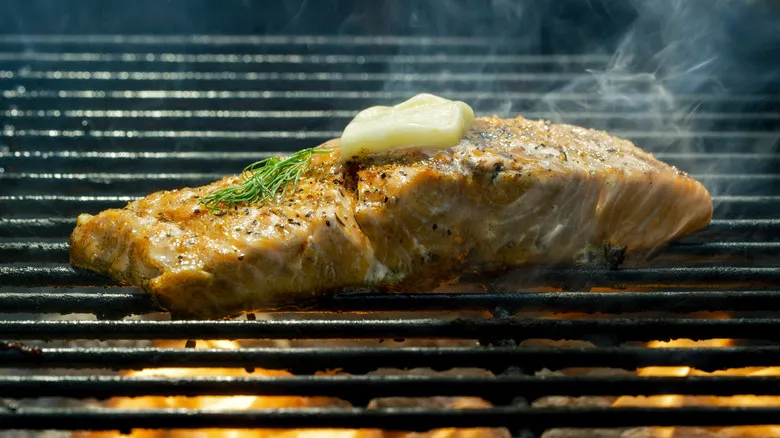
Choosing the right seafood for grilling involves understanding how it interacts with the grill. Unlike other direct heat methods, such as broiling, you don’t have precise temperature control. Additionally, unlike cooking in a pan, excess fat will drip through the grates—this enhances the aroma but can lead to dryness. There’s also the risk of food falling through; Jonathan Bautista advises steering clear of thin fish and seafood that might slip through the grates.
Considering these factors, it’s clear why fish like salmon is a popular choice for grilling. Its size, high fat content, and rich flavor make it a low-stress option. Fish that are high in fat and typically sold with skin, such as mackerel, trout, and snapper, are also excellent choices due to their firmness. While swordfish, mahi-mahi, and tuna are lower in fat, their high protein content helps them hold together well on the grill.
When cooking these cuts, it’s essential to focus on retaining moisture. With less fat, they can dry out quickly, but if cooked to the right doneness, they can be deliciously tender. Keep a close watch on the internal temperature; it’s crucial for achieving perfectly moist swordfish.
Avoid frozen seafood on the grill
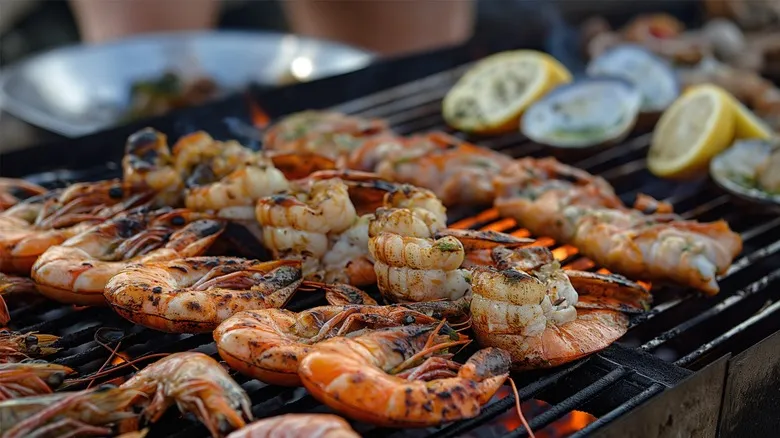
This selection of fish isn't the only option for grilled seafood. Indulge in some tasty grilled shrimp tacos, and you'll realize there are plenty of other choices available. "Most seafood is fantastic when grilled," says Jonathan Bautista, so don’t feel restricted by the earlier suggestions. However, there is an important caveat to consider — frozen seafood doesn’t perform well on the grill. The excess moisture can lead to a mushy outcome.
Following Bautista's advice that "fresh seafood is always better" will yield delicious results. Freezing seafood impacts it at a cellular level, causing moisture loss that is crucial for grilling. Additionally, the fats, including omega-3 fatty acids, degrade the longer the seafood is frozen. Choosing fresh seafood will enhance both texture and flavor.
That said, frozen seafood can still have a place in your kitchen. Flash-frozen fish can maintain its freshness and, if transported correctly, can be suitable for cooking. If you don’t live near the coast, visit a reputable fishmonger where flash-frozen fish is properly thawed. Just steer clear of slow-thawing fish and seafood before grilling, as this is when excess water becomes problematic.
Recommended
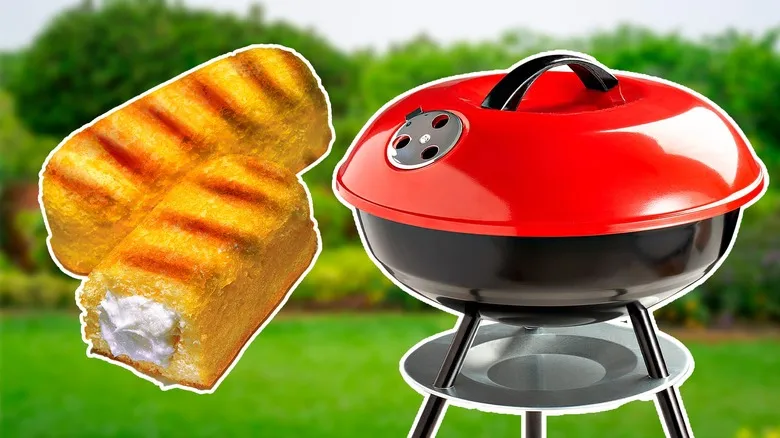
Grilled Twinkies Are The Easy, Unique Dessert Your Cookout Needs
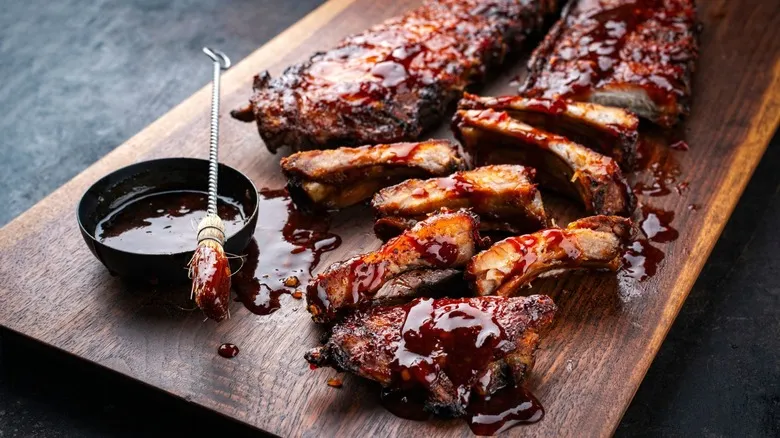
Your Homemade BBQ Sauce Will Taste Unforgettable With An Extra Condiment
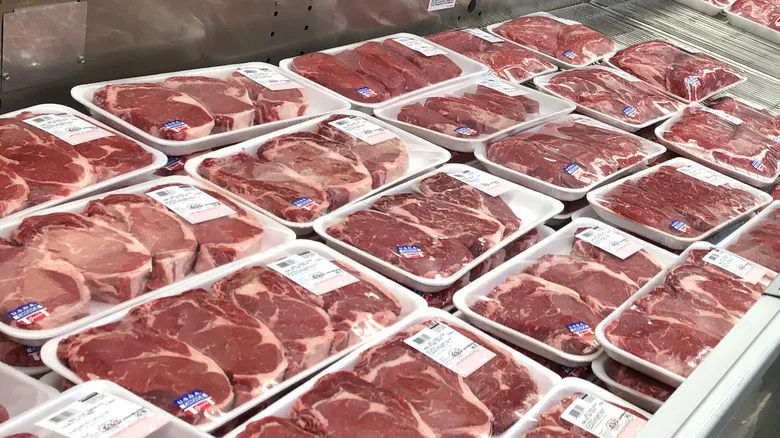
The Easy Way To Save Money Buying Steaks At Costco
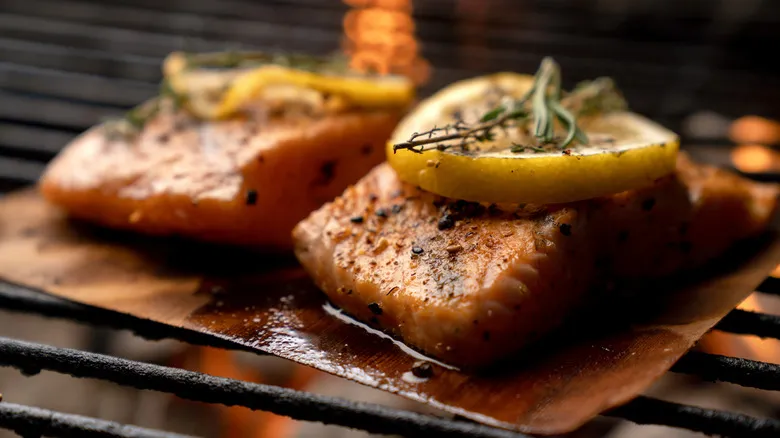
The Pro-Chef Tips You Need For Perfectly Grilled Fish
Next up

